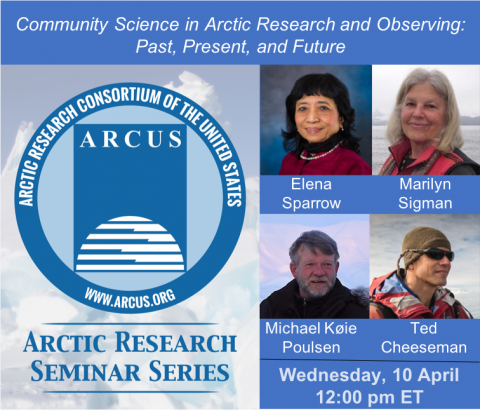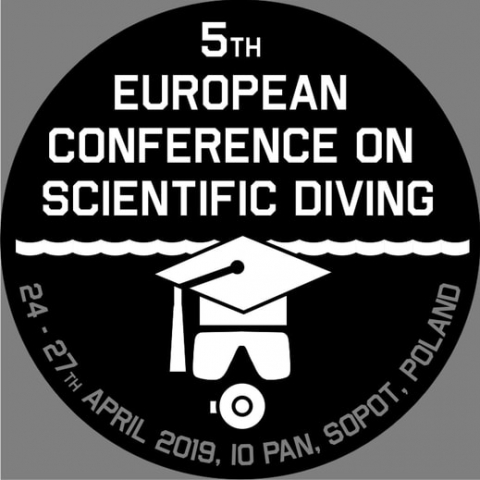Presenter: William Templin, PhD., Division of Commercial Fisheries, Alaska Department of Fish and Game
Online or in-person at Northwest Fisheries Science Center Auditorium (2725 Montlake Blvd. E., Seattle WA 98112).
Abstract:
Capping the northern extent of the Pacific Ocean, the state of Alaska is situated at the heart of the natural range of the six most abundant species of Pacific salmon. With a relatively extreme environment and limited access to agriculture and industry, salmon are likewise situated at the heart of the culture and concerns of Alaskans. So much so, that local control of the resource drove the push for statehood, and public ownership and perpetuation of the resource are enshrined in the state constitution. Relative to other salmon-producing regions, Alaska enjoys some unique advantages (e.g., single-entity management and intact habitat) while also facing a matching set of difficulties (e.g., scale of the landscape and limited access). In this context, the mechanisms for decision-making, allocation, and management of the resource were developed around two main responsibilities 1) to the extent possible providing all residents access to salmon for economic, subsistence, cultural and/or recreational uses and 2) to the extent possible maintaining the production of salmon from natural systems for future generations. Based on these responsibilities, salmon management in Alaska is achieved by managing salmon usage with the intent to achieve escapement goals for future production, setting escapement goals to achieve continued harvestable surpluses and dividing the surpluses among users in an open and flexible process that can be influenced by stakeholders. While there are myriad ways that the context changes across the state (applications, users, gear types, species, etc.) the mission remains the same, ultimately providing a robust and responsive management system.
About the Speaker:
William "Bill" Templin is currently the Chief Fishery Scientist for Salmon at the Alaska Department of Fish and Game, Division of Commercial Fisheries. He received his B.S. in Biology at Wheaton College in Illinois after which he worked in biochemistry at the University of Illinois, Chicago. In 1990, with his wife and newborn son, he drove across country to Juneau to pursue a master's degree in Fisheries Science at the University of Alaska, Fairbanks. In Juneau, he worked with Drs. Jeremy Collie and Terry Quinn II to develop a run reconstruction model for pink salmon in Prince William Sound to assess the effects of the Exxon Valdez oil spill. As a biologist who was pretty good at math, in 1994 he was hired on a whim into the ADF&G Gene Conservation Laboratory by Drs. Lisa and Jim Seeb. The team was investigating the use of genetic information for management of Pacific salmon and marine fish and shellfish, so he was involved with the analysis of genetic data for the purposes of delineating stock structure and developing mixed stock analysis applications for commercially important aquatic species. When Jim and Lisa moved to the University of Washington in 2007, Bill was hired as the Principal Geneticist, in charge of the ADF&G genetics program, providing review and advice to staff, and representing the department in national and international venues. Three years ago, he left that position to take on the new challenges of his current job overseeing the division's statewide salmon research and stock assessment programs and helping ensure that research is well integrated with fisheries management.
Webinar Access:
Join Webex: https://nwfsc200.webex.com/nwfsc200/j.php?MTID=m42adb0a9bd882bec37c6e44…
Meeting number and Access Code: 808 021 158
Join by Phone: 1-650-479-3207 Call-in toll number (US/Canada)


